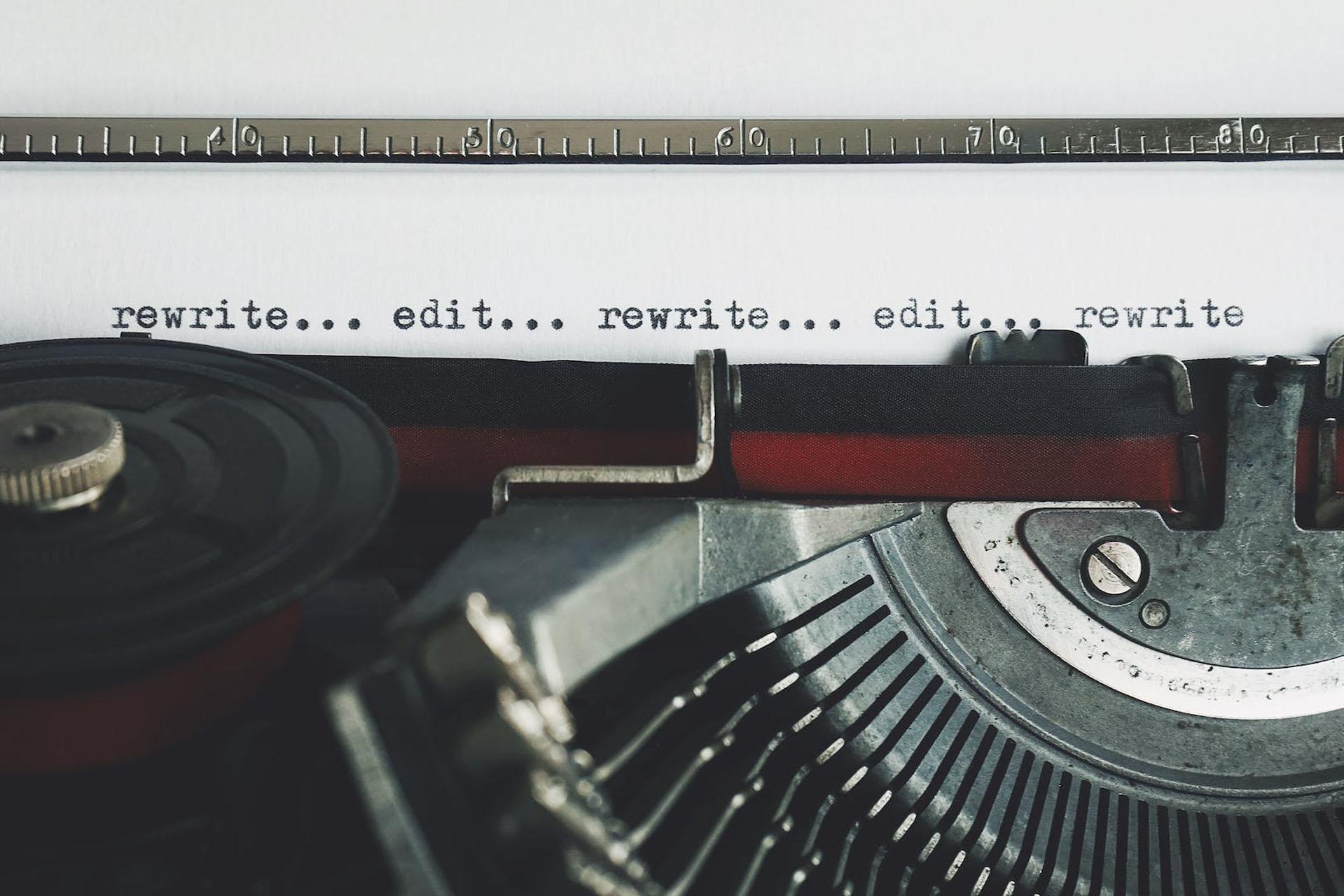Writing is a craft, but the true magic happens in the editing room. The power of editing lies in refining your prose, transforming it from raw material to a polished gem that captivates readers. Let’s explore the intricacies of the editing process, offering tips and tricks to elevate your writing to new heights.
Distance Makes the Difference: Take a Break Before Editing
Editing with a fresh perspective is crucial. After completing a draft, step away for a while before diving into the editing process. This distance allows you to approach your work more critically, spotting inconsistencies, awkward phrasing, and areas that need improvement more effectively.
The Big Picture: Focus on Structural Edits First
Begin your editing by focusing on the big picture. Address structural issues, ensuring your narrative flows seamlessly. Evaluate the pacing, plot development, and character arcs. Once the foundation is strong, it becomes easier to refine the finer details during subsequent edits.
Show, Don’t Tell: Create Vivid Imagery
The power of “show, don’t tell” cannot be overstated. Grab your readers by painting vivid pictures with your words. Instead of stating emotions or descriptions outright, allow readers to experience them through sensory details and evocative language. This technique enhances the reader’s experience and adds depth to your prose.
Trim the Fat: Cut Unnecessary Words and Redundancies
Conciseness is key to effective writing. During the editing process, scrutinize your sentences for unnecessary words or redundancies. Aim for clarity and brevity, ensuring that each word serves a purpose. This trimming process not only tightens your prose but also enhances the overall readability of your work.
Check Consistency: Maintain a Uniform Style
Consistency is key for a polished manuscript. Ensure your writing style, tone, and formatting remain uniform throughout. Check your character traits, timelines, and even the spelling of names. This attention to detail contributes to a seamless reading experience.
Dialogue Dynamics: Craft Engaging Conversations
Dialogue is a powerful tool for character development and plot advancement. During the editing process, pay special attention to your characters’ voices. Ensure that dialogue is authentic, serves a purpose, and contributes to the overall narrative flow. Dynamic conversations add realism and engagement to your prose.
Grammar and Style: The Building Blocks of Good Writing
Mastering grammar and style is non-negotiable. Use your time editing as an opportunity to refine your command of language. Pay attention to sentence structure, punctuation, and proper use of grammar rules. A solid foundation in these building blocks is essential for creating polished, professional prose.
Beta Readers: External Perspectives Bring Insight
Enlist the help of beta readers to gain external perspectives on your work. These readers will offer valuable insights, pointing out blind spots and providing constructive feedback. Don’t let the feedback get to you – embrace criticism as a tool for growth and refinement, and fine-tune your manuscript before reaching the final stages.
Read Aloud: Listen to the Rhythm of Your Words
Reading your work aloud is a powerful editing technique. This process allows you to hear the rhythm and flow of your words, making it easier to identify awkward phrasing, repetitive patterns, or pacing issues. Listening to your writing can uncover nuances that may go unnoticed when reading silently.
Proofreading: The Final Polish
Proofreading is the last step in the editing process and involves a meticulous review for grammar, spelling, and typographical errors. Approach this stage with a keen eye for detail, ensuring your prose is flawless. A polished manuscript shows your dedication to delivering a high-quality reading experience.
The power of editing lies in transforming your writing from a rough draft to a refined masterpiece. In your editing process, which tip or trick has proven most valuable for polishing your prose, and how has it impacted the quality of your writing?





